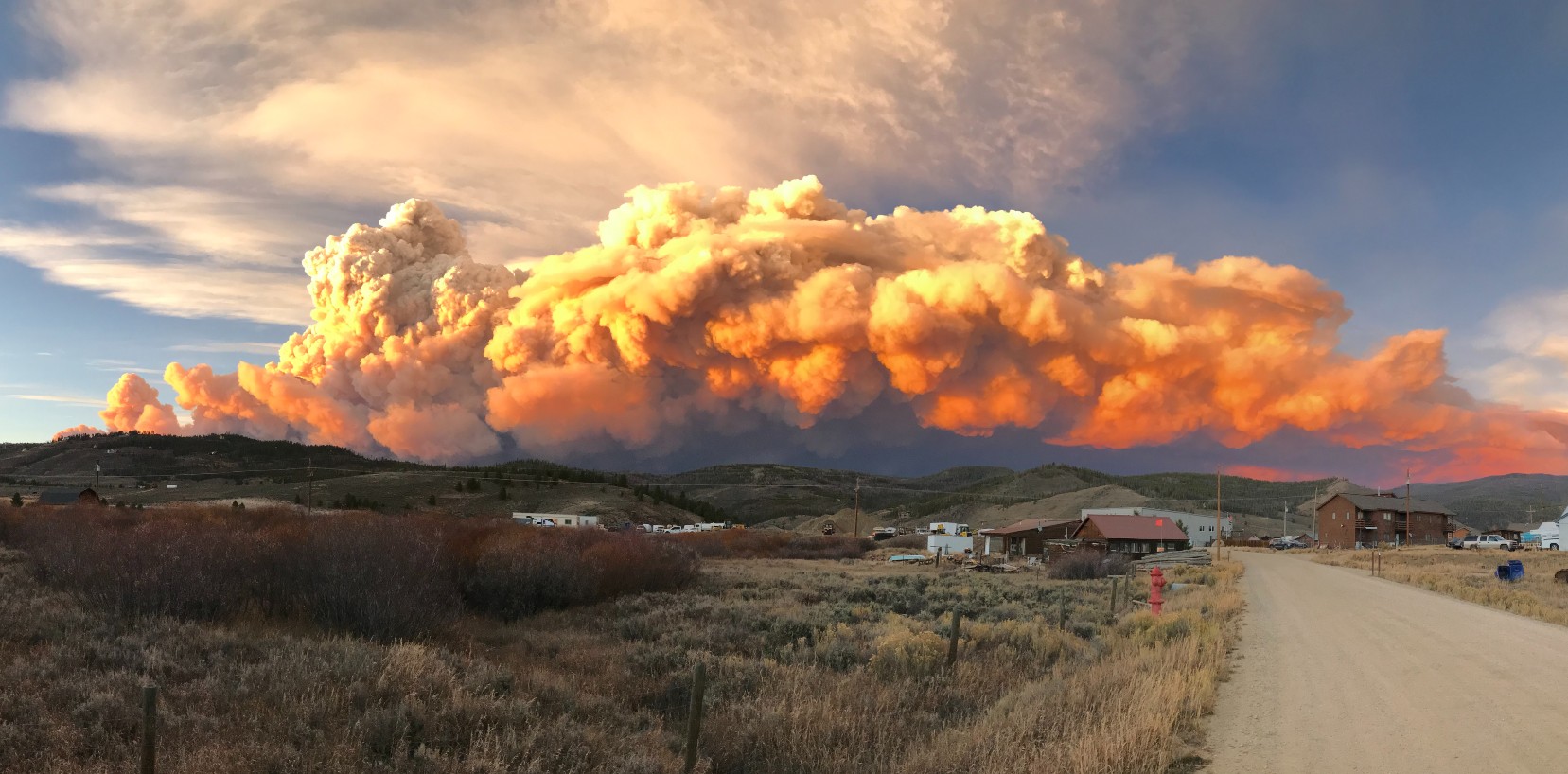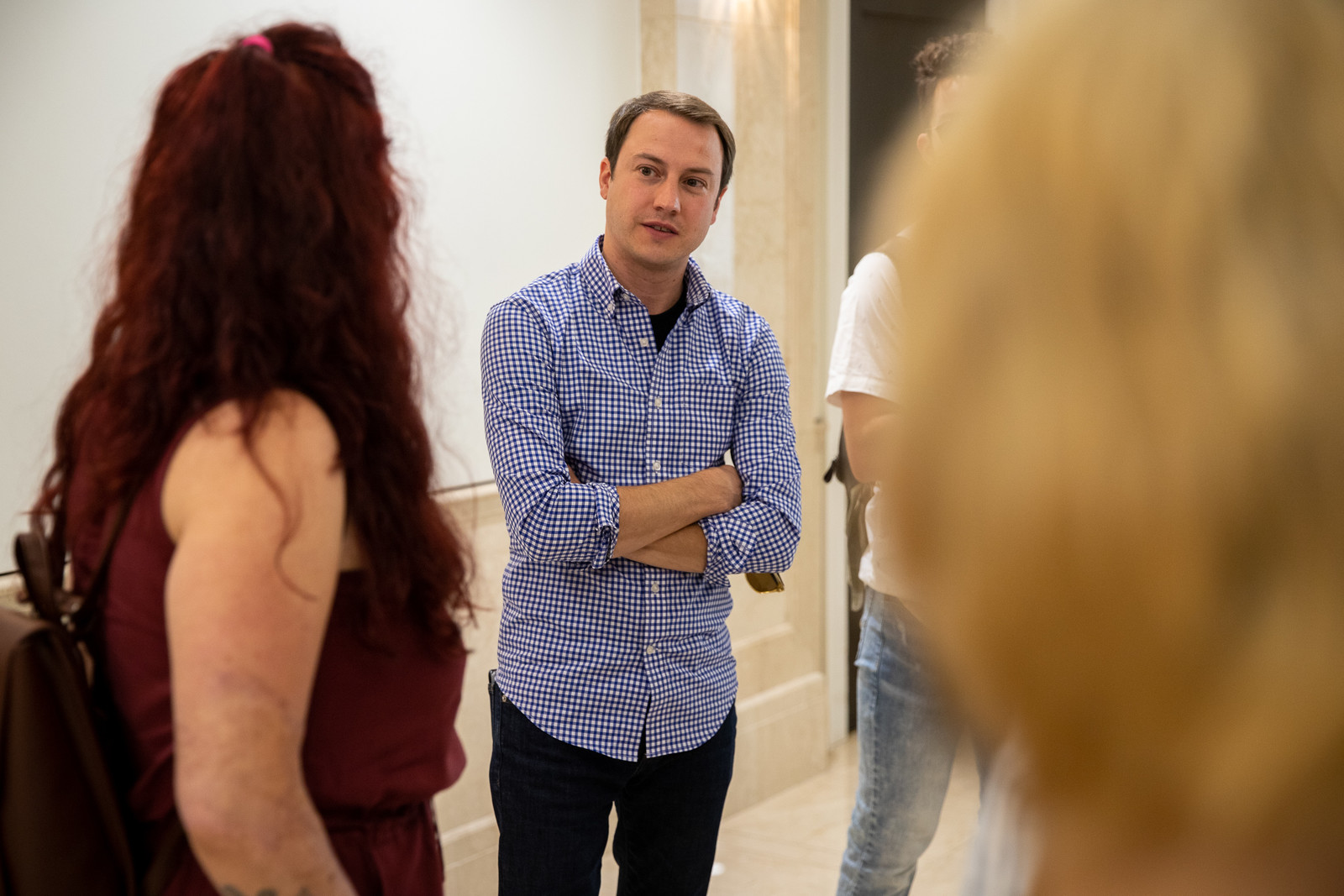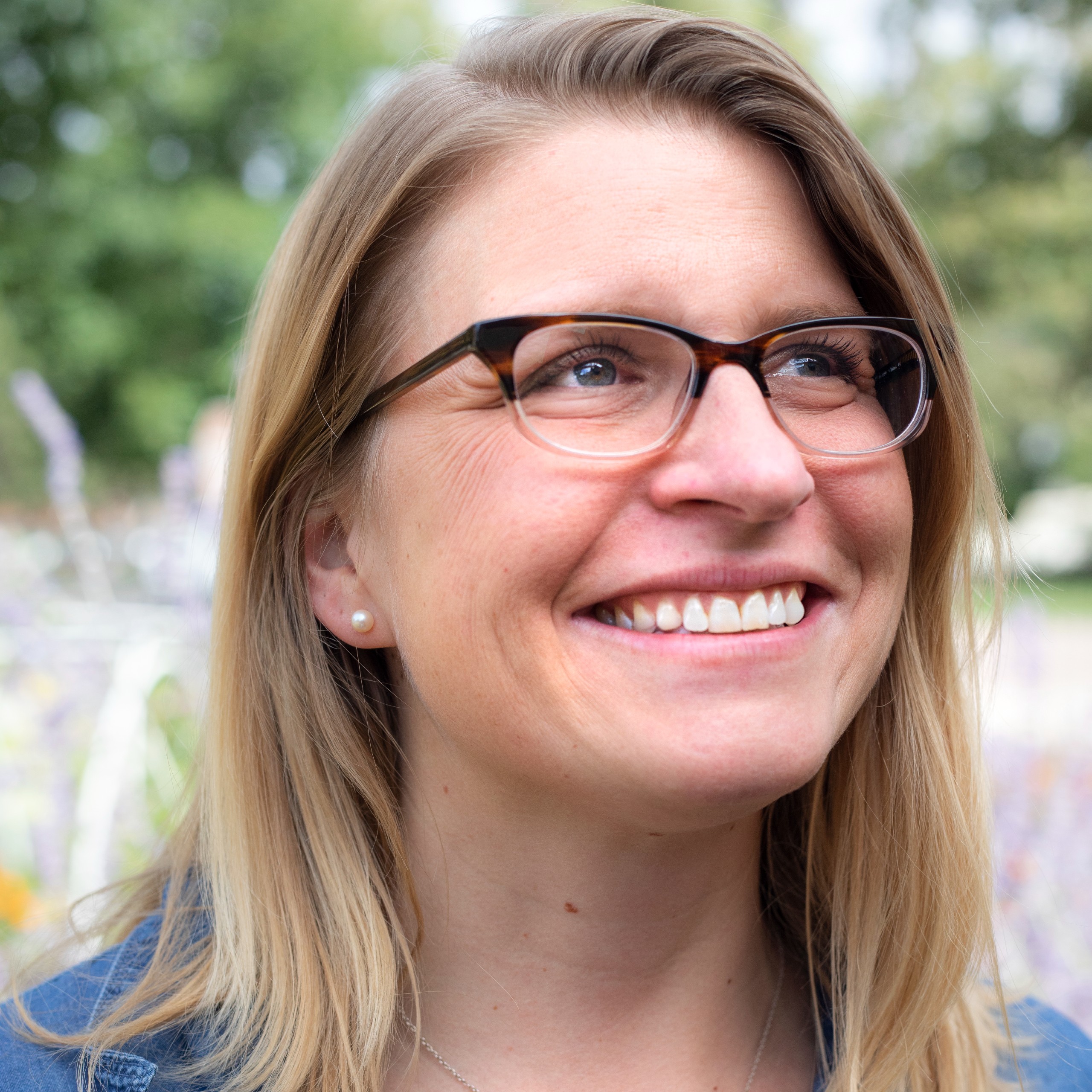Last summer, the three largest wildfires in recorded Colorado history scorched the state, and already this summer is set for another record-setting fire season.
According to the National Interagency Fire Center, as of July 27, nearly 2.8 million acres of U.S. land have burned from 36,000 fires, forcing evacuations during a deadly heat wave and intense drought. Lives and property were lost. Here in the West, wildfire represents one of the most visible, and increasingly common, ecosystem disruptors.
Although fire is a natural component of healthy forests, scientists predict the increased intensity and frequency seen in recent decades will continue as our climate changes.
The National Science Foundation has awarded Colorado College Associate Professor of Environmental Science Rebecca Barnes and collaborators $844,435 for a project titled “Role of Soil Microbiome Resilience in Ecosystem Recovery Following Severe Wildfire.” The grant will allow Barnes and her colleagues from Colorado State University and the University of California, Riverside to investigate the role of the soil microbes in forest recovery following severe fire. Working in conjunction with U.S. Forest Service scientists, the group will examine how severe fire impacts soil structure, chemistry, and biology, and how these changes influence forest recovery (i.e. tree regeneration) using a series of burn piles dating back to the 1960s within the Medicine Bow Routt National Forest.
The work builds on research Barnes and her students conducted to document several positive feedbacks, or vicious cycles, within burned landscapes. Their results indicate that the Intermountain West will likely store less carbon in the future, exacerbating the drivers of climate change.
The grant, $61,969 of which has been awarded to Colorado College, will support a collaboration with Colorado College’s Journalism Institute.
During the first year of the grant, interim Journalism Institute director Corey Hutchins will help develop a project based on Barnes’ research that will lead to a wildfire-focused journalism class in the second year of the grant.
“We’ve had multiple students graduate from CC who have gone into journalism and almost immediately had to cover a wildfire,” Hutchins says. “Our course will not only prepare them for that unfortunate reality, but also offer a better understanding for why it’s happening.”
Colorado College graduate Jesse Paul ’14, now a reporter and cofounder of The Colorado Sun who estimates he has written more than 150 wildfire and climate stories over his journalism career, will be a partner in the course.
“There’s a lot of science behind wildfire, and having that knowledge before they show up at the fire line will be invaluable for these students,” Paul says. “We need a generation of journalists trained to cover and understand wildland blazes — people who know the difference between a back burn and a running crown fire. With climate change driving more and larger wildfires in Colorado, this course couldn’t be more timely.”








